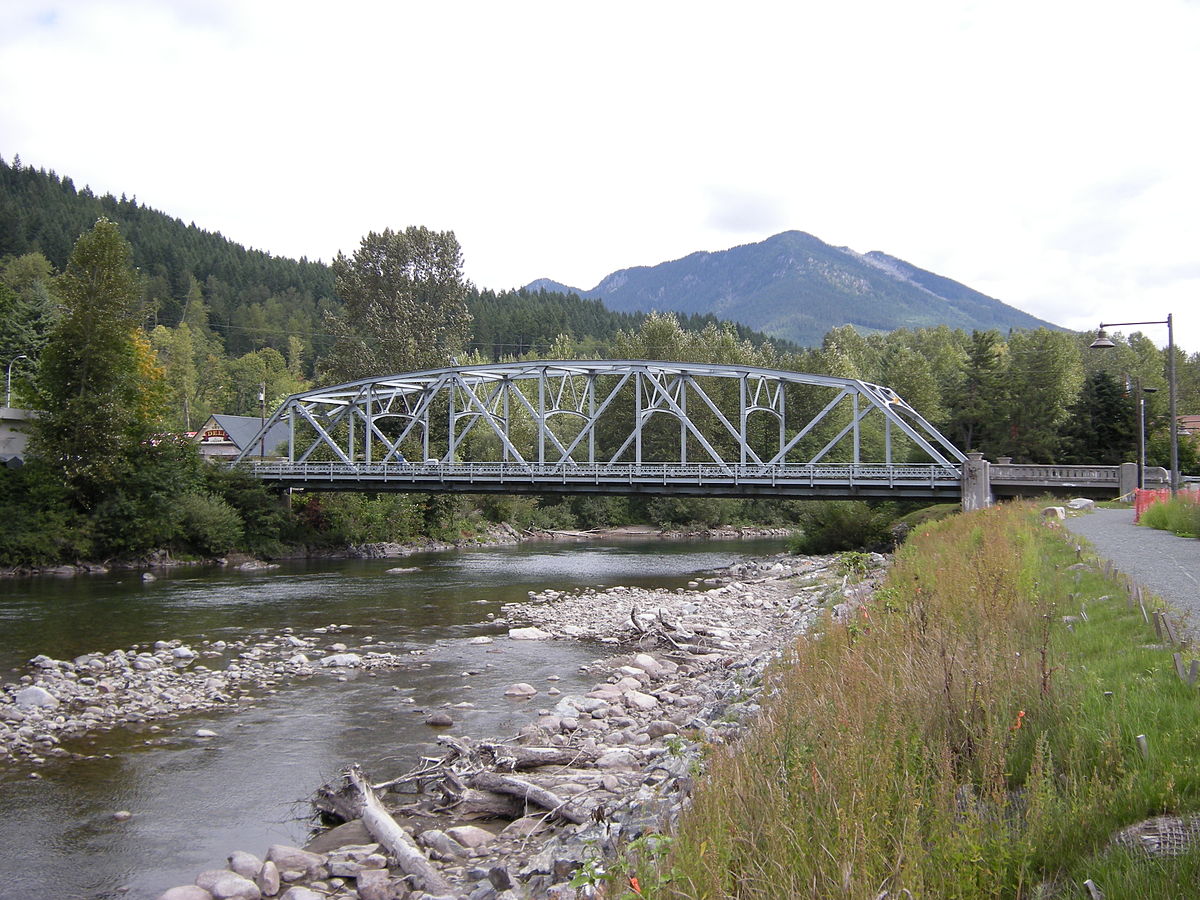The unique hazardous waste disposal needs in rural and unincorporated communities of King County

According to a recent report by the National Organization of State Offices of Rural Health, nearly 86% of the United States’ land area is considered rural, with nearly 61 million people living in those areas. While Washington state’s population does largely live in the state’s cities, equity in practice around our region looks like serving everyone, no matter their geography.
Rural and unincorporated communities in King County face many distinct health challenges like higher poverty and food insecurity rates and health care provider shortages. Days like National Rural Health Day (November 21) help draw attention to those issues and their impact on the quality of life of rural communities. King County agencies and divisions also offer many ongoing services to support the needs of rural communities and unincorporated areas in our region.
When it comes to hazardous waste management, rural communities and unincorporated areas face challenges that also can affect human health. Fortunately, there are ways for rural community members and business owners to protect themselves from the harmful effects of hazardous exposures.
Here are a few common impacts of hazardous waste in rural communities around King County and some possible solutions:
- Exposures to hazardous agricultural chemicals, such as fertilizers and pesticides: Many fertilizers, pesticides, herbicides, and commonly available agricultural products contain hazardous chemicals and are then used in rural communities for farming or industrial purposes. As a result, hazardous exposures are common for farm and factory workers in rural communities, and air quality and groundwater quality can be impacted negatively, as well.
- If you must use pesticides, fertilizers, or other potentially hazardous products, know how to identify them and how to find safer alternative products.
- If you have old or unused agricultural chemicals, oils, or cleaners stored on your property or at your business, learn hazardous waste disposal options available in your region – as well as acceptance rules and guidance for disposing hazardous products at disposal facilities or community-based collection events.
- Exposures to improperly stored or transported hazardous materials: It's easy to store something lying around in a cabinet, storage closet, or garage in our homes and businesses and on our properties and simply forget about it. But when the things we use are common hazardous products like paint, cleaners and disinfectants, aerosols, batteries, or other hazardous products, it's also easy to exposure ourselves to hazardous chemicals simply by keeping them around.
- Don’t know what’s hazardous and what might be solid waste? Find out how to tell the difference between hazardous and solid waste - and how to dispose of both.
- Get to know some guidelines for storing and transporting hazardous waste safely to any collection facility or event, no matter the distance you need to travel.
- Limited hazardous waste disposal options in rural communities: Less development and infrastructure in rural communities can result in limited options available for rural community members and businesses to bring hazardous items.
- Community-based events can meet you where you are. The Haz Waste Program’s traveling Wastemobile events operate from February to October to fill in gaps in communities around King County not directly served by our four permanent hazardous waste disposal facilities in Auburn, Factoria, North Seattle, and South Seattle. While the 2024 Wastemobile season has ended, watch this space for the 2025 schedule, which will be available in early 2025. And look for ongoing community-based collection events and Natural Yard Care events hosted by our Program’s city and tribal partners and the Garden Hotline.
Whether you live deep in the woods, up in the hills, out in the country, or in a city, the Haz Waste Program is always working to provide safe hazardous waste disposal resources, information, and collection services that can meet you where you are. If you have any questions about hazardous waste, our Haz Waste Help Line can be reached at 206-296-4692 from Monday through Saturday, 9 a.m. to 5 p.m., except major holidays.
 Translate
Translate